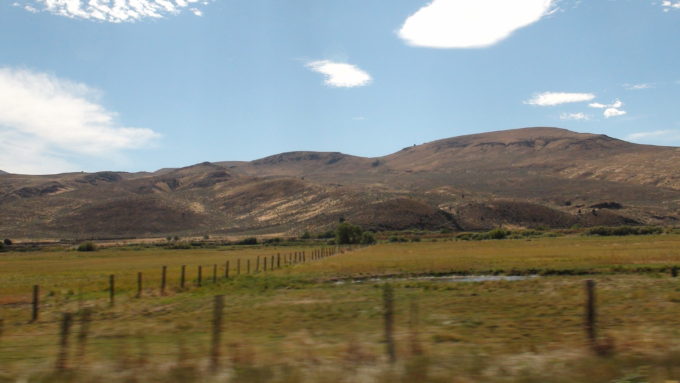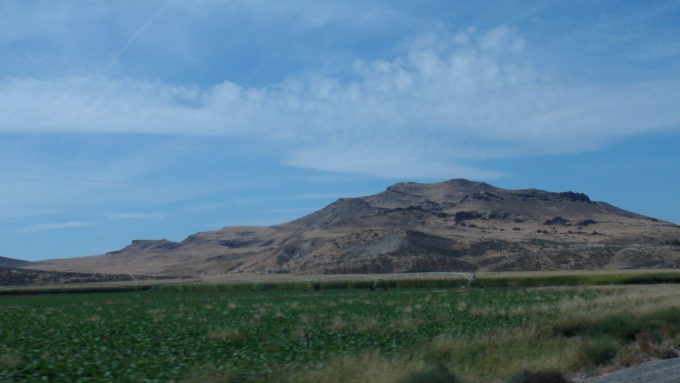
Saturday, 1 August 2020
…to execute judgment on all, to convict all who are ungodly among them of all their ungodly deeds which they have committed in an ungodly way, and of all the harsh things which ungodly sinners have spoken against Him.” Jude -15
Jude places a heavy stress on the idea of ungodliness here. In doing so, he makes a play on words using the adjective form twice and both the noun and the verb form once. The final time, he places the words “ungodly sinners” at the end of the verse, thus emphasizing them. A literal reading to see the structure of the sentence would be –
“…to execute judgment against all, and to convict all the ungodly concerning all the works of ungodliness of them which they have done in an ungodly way and concerning the harsh (things) that have spoken against him sinners ungodly.”
The context of Jude’s words is that of the coming of the Lord with His saints (from the previous verse). This coming will be “to execute judgment on all.” The world by the time of the coming of the Lord will be an utter ruin, both morally and literally. The rapture will have taken place, the peace deal with Israel will have been signed and broken, and Israel will finally call out to the Lord Jesus – “Blessed is He who comes in the name of the Lord.”
At that time, the Lord will return to rescue them, and he will come to execute judgment. In doing so, it will be “to convict all who are ungodly.” By this time, very few believers will be left who were not executed for their faith in Christ – meaning those who received Jesus after the rapture. Those who do not receive Christ will have a bloodthirst for those who do. It is these people who will be convicted “of all their ungodly deeds.”
The Lord will judge all nations and all people. Those who received the mark of the beast will be destroyed for their allegiance to the antichrist and to the world system which was set up against God. Everything people will do during that period will be deeds “which they have committed in an ungodly way.” There will be no true religion in them, no spark of caring about Christ or what He did. Instead, everything they do will be aligned against what the Bible proclaims as right, just, and moral.
Even their words will be abusive of Him. As Jude says to finish the thought, “and of all the harsh things which ungodly sinners have spoken against Him.” As noted above, the words “ungodly sinners” complete the thought. Jude stresses this. They not only act in ungodly ways, but they spend their time railing against God in every word they speak. So defiant will be their hearts that there will be no room for even the slightest fear of God. There will be no reverence and no thankfulness directed toward Him. In this, the only anticipation for them is to be cast away from His presence for all eternity.
Life application: Far too often in Christianity, Christ’s followers commit their entire theology to the Sermon on the Mount and the other passages which speak of Jesus’ love and tenderness. Modern churches often stay away from anything controversial or judgmental, even in the gospels, and they hardly bring in Paul or the other apostles at all.
The book of Jude is almost never mentioned and when Revelation is taught, it focuses not on the point of the book – God’s wrath on an unrepentant world. Rather, they focus on spiritual applications which diminish the fierceness of God’s hatred of sin. However, God’s anger at sin will be directed to a world that has all but disregarded His offer of peace. This will come to an amazing culmination when Jesus Himself will come back and execute judgment on the entire world.
This won’t be a demonstration of the loving, tender Jesus of the first advent, but of the conquering King who is returning to destroy the nations of the world who come against Israel and who work iniquity. It is sad that so many people refuse to take the whole counsel of God into their theology. All this does is lead to a watered-down gospel of weakness, hopes of earthly prosperity, and a nod to licentious living and ungodliness.
The first point of the gospel is that Christ died for our sins. If He had to do this, then it means that God truly is angry at our sins. We cannot escape the wrath of God without the covering of Christ’s perfect atonement. Be sure that when you convey the gospel message to others that you don’t water down the gospel. Sin must be dealt with. It will either be in Christ’s cross, or in an eternal swim in the Lake of Fire.
Heavenly Father, please open the eyes of those who follow a weak and ineffective gospel that tolerates sin and rebellion against You. Judgment is coming, and all people need to be aware of sin’s consequences before they too are lost in Your great Day of Judgment. Turn those hearts now to the message concerning the offering of peace that came through Jesus’ glorious cross. Amen.




